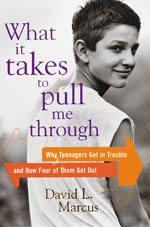In October, several of the girls at Swift River told a counseling supervisor that Mary Alice was restricting—severely limiting her food. At lunch, the supervisor stood a few feet away and watched Mary Alice stabbing at pieces of lettuce and inspecting a spoonful of cottage cheese as if it were radioactive. The supervisor brought her to an office for a private talk. “I’m worried about you,” she said.
“I’m fine.”
“You’re barely eating.”
Every muscle in Mary Alice’s face seemed to ripple. “I know about a balanced diet. I can have a salad and a scoop of cottage cheese. I’m not purging so it’s okay!”
“Calm down, Mary Alice. Your reaction tells me more than my suspicion was telling me.”
Mary Alice hesitated. Then she admitted that she had been trying to lose weight. “My eating disorder is a coping mechanism. I go from complete control to out-of-control behavior where I don’t love myself.”
“Hello, I’d like to talk to Mary Alice,” the supervisor retorted. “I don’t want to talk to your last ten therapists.”
“But it’s true, my eating disorder is about control and self-image.”
“I know, I know. I’ve read about eating disorders. What else is it about, in plain language?”
“I’m a fuck-up.”
From What it Takes to Pull Me Through: Why Teenagers Get in Trouble and How Four of Them Got Out by David L. Marcus (Houghton Mifflin, 2005). Reprinted with permission.




